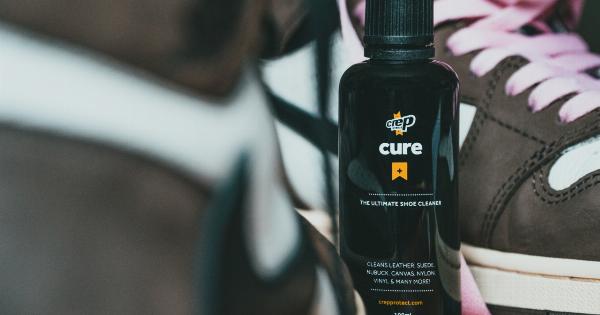Eczema is a condition that affects millions of people worldwide. It is a chronic skin condition that causes the skin to become red, itchy, and inflamed. The most common type of eczema is atopic dermatitis, which can affect people of all ages.
While there is no cure for eczema, there are several treatments available to help manage its symptoms. One of the most recent treatments being used is Botox.
What is Botox?
Botox is a medication that is derived from the bacterium called Clostridium botulinum.
It is commonly known for its cosmetic use, which involves injecting it into certain muscles to temporarily paralyze them, resulting in a smoother and more youthful appearance. However, Botox has various medical uses outside of cosmetic purposes.
How Does Botox Work for Eczema?
Botox works for eczema by reducing inflammation in the skin. Injections of Botox into the affected area can decrease the production of inflammatory mediators, which can lead to a significant reduction in the symptoms of eczema.
Botox also halts the release of acetylcholine, a neurotransmitter that triggers a nerve impulse in the muscles that cause excessive sweating and itching that comes with eczema.
The Science Behind Botox and Eczema
There have been several studies that have investigated the effectiveness of Botox in treating eczema.
One of these studies found that patients who received Botox injections experienced a significant reduction in their symptoms, including redness, itching, and inflammation. This study also found that the effects of Botox on the skin lasted for several months.
How is Botox Administered for Eczema?
Botox for eczema is typically administered through injections into the affected area. The number of injections and the amount of Botox used will depend on the severity of the eczema and the size of the affected area.
The injections are usually administered by a medical professional, such as a dermatologist.
What are the Side Effects of Botox for Eczema?
As with any medication, there are potential side effects of using Botox for eczema. Some of the most common side effects include swelling, redness, and bruising at the injection site. There may also be a temporary paralysis of the nearby muscles.
Who is a Good Candidate for Botox for Eczema?
Not everyone who suffers from eczema is a good candidate for Botox treatment. Botox for eczema is typically recommended for those who have chronic eczema that has not responded to other treatments.
It is also ideal for those who have areas of their skin that are difficult to treat with traditional medications, such as the eyelids or ear canals.
Conclusion
Botox is a promising new treatment option for those who suffer from chronic eczema. It works by reducing inflammation in the skin, resulting in a reduction of symptoms.
While there are some potential side effects of using Botox for eczema, it is generally considered safe when administered by a trained medical professional. If you suffer from eczema and are interested in Botox treatment, talk to your dermatologist to see if it is right for you.





























